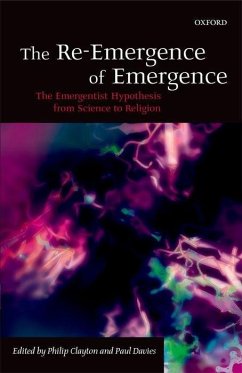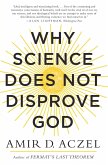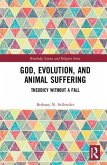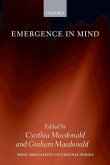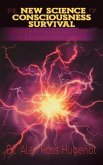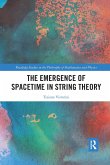This volume introduces readers to emergence theory, outlines the major arguments in its defence, and summarizes the most powerful objections against it. It provides the clearest explication yet of this exciting new theory of science, which challenges the reductionist approach by proposing the continuous emergence of novel phenomena.
Much of the modern period was dominated by a `reductionist' theory of science. On this view, to explain any event in the world is to reduce it down to fundamental particles, laws, and forces. In recent years reductionism has been dramatically challenged by a radically new paradigm called `emergence'. According to this new theory, natural history reveals the continuous emergence of novel phenomena: new structures and new organisms with new causal powers. Consciousness is yet one
more emergent level in the natural hierarchy. Many theologians and religious scholars believe that this new paradigm may offer new insights into the nature of God and God's relation to the world.
This volume introduces readers to emergence theory, outlines the major arguments in its defence, and summarizes the most powerful objections against it. Written by experts but suitable as an introductory text, these essays provide the best available presentation of this exciting new field and its potentially momentous implications.
Hinweis: Dieser Artikel kann nur an eine deutsche Lieferadresse ausgeliefert werden.
Much of the modern period was dominated by a `reductionist' theory of science. On this view, to explain any event in the world is to reduce it down to fundamental particles, laws, and forces. In recent years reductionism has been dramatically challenged by a radically new paradigm called `emergence'. According to this new theory, natural history reveals the continuous emergence of novel phenomena: new structures and new organisms with new causal powers. Consciousness is yet one
more emergent level in the natural hierarchy. Many theologians and religious scholars believe that this new paradigm may offer new insights into the nature of God and God's relation to the world.
This volume introduces readers to emergence theory, outlines the major arguments in its defence, and summarizes the most powerful objections against it. Written by experts but suitable as an introductory text, these essays provide the best available presentation of this exciting new field and its potentially momentous implications.
Hinweis: Dieser Artikel kann nur an eine deutsche Lieferadresse ausgeliefert werden.

